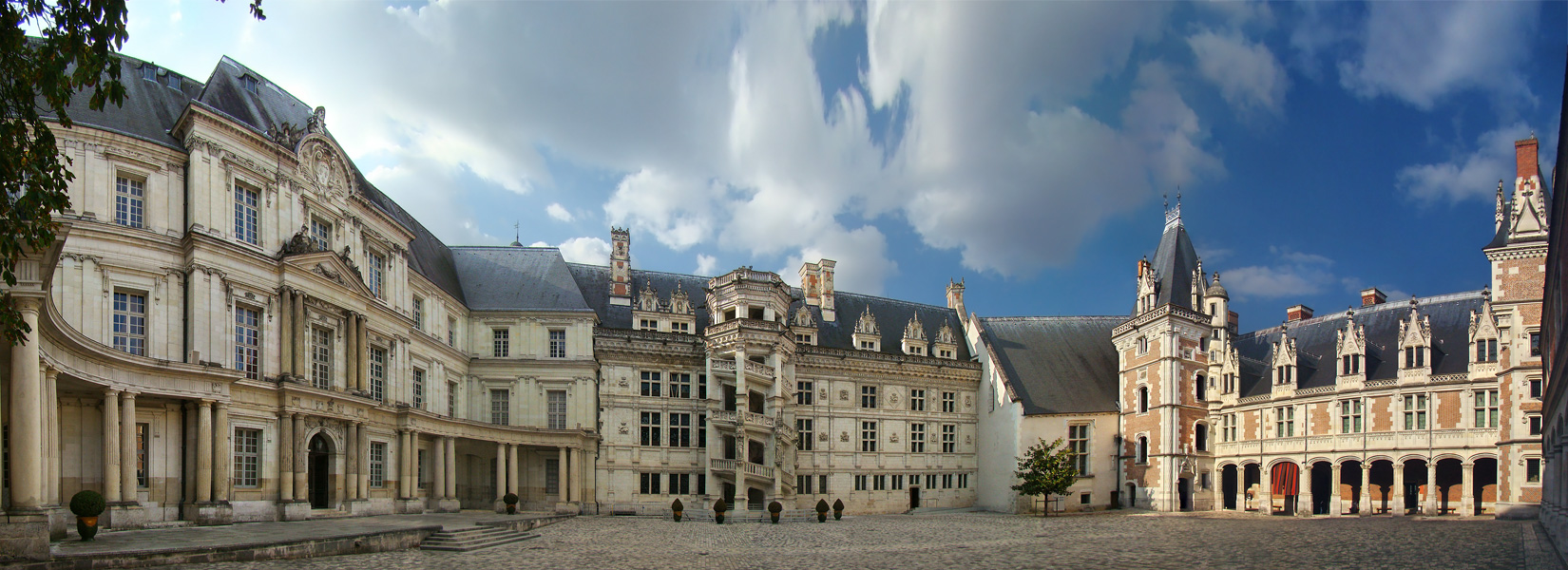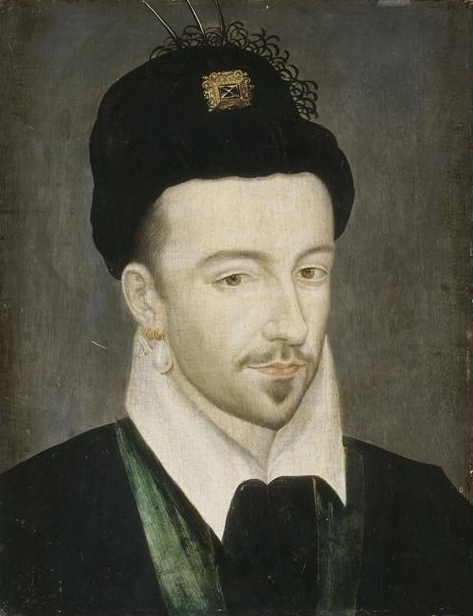|
François De Luxembourg
François de Luxembourg, duc de Piney ( –) was a French noble, ''prince étranger'', military commander and diplomat during the latter French Wars of Religion. Born into a sovereign noble family, Piney expected an esteemed place in the French court. He fought for Henri III during the sixth war of religion under the nominal command of the king's brother Alençon seeing combat at La Charité-sur-Loire and Issoire. The following year, 1578, he was elevated as a ''chevalier de l'Ordre du Saint-Michel'', though he complained frustratedly to the secretary of state about how we was shut out from access to the king's person. In 1581, his lordship of Piney was elevated to a ''duché-pairie'', in a flurry of royal erections for new peers of the realm, making Piney among the most senior members of the nobility. During 1588 Henri, frustrated at the influence the Guise family had over his rule, assassinated the duke of Guise. In the wake of this coup many cities defected from the cro ... [...More Info...] [...Related Items...] OR: [Wikipedia] [Google] [Baidu] |
Duke Of Piney
Duke of Piney (french: Duc de Piney) was a title in the Peerage of France. The holders were also sometimes called duc de Luxembourg, after the House of Luxembourg, from whom they were descended. History The duchy-peerage was created in 1581 for François de Luxembourg, third son of Antoine de Luxembourg, Count of Ligny and Brienne. He died in 1613 and was succeeded by his son: Henri de Luxembourg (1583–1616), second duke, was father of Marguerite-Charlotte de Luxembourg (1607–1680), heiress to the title. She married firstly, Léon d'Albert de Luynes (1582–1630), who became third duc de Piney ''jure uxoris''; he was the younger brother of Charles d'Albert, duc de Luynes. Their son, Henri-Léon d'Albert de Luxembourg (1630–1697), fourth duke, resigned the peerage in 1661. His mother simultaneously resigned it to her daughter by her second marriage (the fourth duke's half-sister), Madeleine-Charlotte de Clermont de Luxembourg (1635–1701). She was the daughter of Charles-H ... [...More Info...] [...Related Items...] OR: [Wikipedia] [Google] [Baidu] |
Blois
Blois ( ; ) is a commune and the capital city of Loir-et-Cher department, in Centre-Val de Loire, France, on the banks of the lower Loire river between Orléans and Tours. With 45,898 inhabitants by 2019, Blois is the most populated city of the department, and the 4th of the region. Historically, the city was the capital of the county of Blois, created on 832 until its integration into the Royal domain in 1498, when Count Louis II of Orléans became King Louis XII of France. During the Renaissance, Blois was the official residence of the King of France. History Pre-history Since 2013, excavations have been conducted by French National Institute of Preventive Archaeological Research (''INRAP'' in French) in Vienne where they found evidence of "one or several camps of late Prehistory hunter-gatherers, who were also fishermen since fishing traps were found there.. ..They were ancestors of the famous Neolithic farmer-herders, who were present in current France around 6,000 BC ... [...More Info...] [...Related Items...] OR: [Wikipedia] [Google] [Baidu] |
Jean VI D'Aumont
Jean VI d'Aumont (1522-1595) was a soldier and Marshal of France. He served as Marshal under Henri III, campaigning against the Protestants in 1585. He would not however conduct the campaign with much enthusiasm, and after clamour at court he would be replaced by Anne de Joyeuse He playing a key role in the Day of the Barricades and Assassination of the Duke of Guise (1588). Upon the assassination of Henri III in 1589, he would transfer his loyalties to the Protestant Navarre and would campaign for him in Burgundy, Maine and Brittany against the Duke of Mercœur. He was also granted the office of governor of Dauphiné, upon it being vacated in 1592. It would be whilst fighting in Brittany in 1595, that he would be killed. Early life and family Aumont was from an old noble family, which is recorded as far back as the thirteenth century. Reign of Henri III Campaigning In 1585 Aumont was granted command of an army by Henri and sent to campaign in Auvergne and Languedoc against the fo ... [...More Info...] [...Related Items...] OR: [Wikipedia] [Google] [Baidu] |
Joachim De Dinteville
Joachim de Dinteville ( –1607) was a French noble, lieutenant-general and favourite of Henri III and Henri IV. Born into a prominent Champenois family of the ''noblesse seconde'', Dinteville became close with Anjou (the future Henri III), brother to Charles IX. In 1572 he was elevated to the position of ''Premier Gentilhomme de la Chambre'' by the duke, a key role in his household. He travelled with Anjou for the conduct of the siege of La Rochelle in 1573, and fought with him there. Upon Anjou's election as king of the Commonwealth, he travelled east with his lord, and served in his household for his brief tenure as king there. On Anjou's return to take the crown of France, Dinteville departed from his household, assuming responsibilities in Champagne, where he led the Second Estate of Troyes in opposing the attempt of Guise to affiliate the city with the national Catholic ''ligue''. As Henri's brother Alençon moved closer to his plans of assuming the kingship of the r ... [...More Info...] [...Related Items...] OR: [Wikipedia] [Google] [Baidu] |
Assassination Of Henri III
Henry III (french: Henri III, né Alexandre Édouard; pl, Henryk Walezy; lt, Henrikas Valua; 19 September 1551 – 2 August 1589) was King of France from 1574 until his assassination in 1589, as well as King of Poland and Grand Duke of Lithuania from 1573 to 1575. As the fourth son of King Henry II of France, he was not expected to inherit the Kingdom of France, French throne and thus was a good candidate for the vacant throne of the Polish–Lithuanian Commonwealth, where he was elected List of Polish rulers#Polish–Lithuanian Commonwealth, 1569–1795, monarch in 1573. During his brief rule, he signed the Henrician Articles into law, recognizing the szlachta's right to Royal elections in Poland, freely elect their monarch. Aged 22, Henry abandoned Poland–Lithuania upon inheriting the French throne when his brother, Charles IX of France, Charles IX, died without issue. France was at the time plagued by the French Wars of Religion, Wars of Religion, and Henry's author ... [...More Info...] [...Related Items...] OR: [Wikipedia] [Google] [Baidu] |


